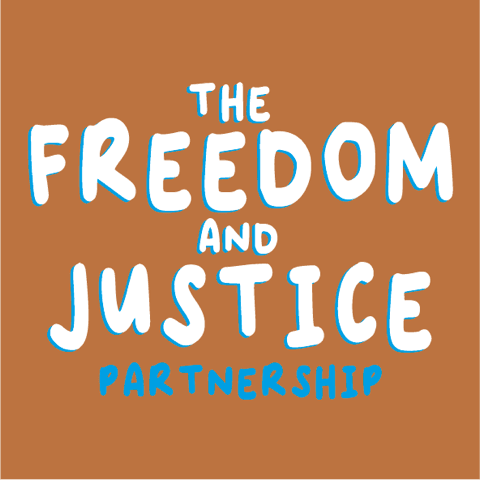“Conflict minerals, and child labour in the Democratic republic of Congo”
MP
Lord Alton, thank you for your leadership and for the kind invitation to speak atthis important event.
To Brendan O'Hara MP, congratulations to you and your APPG on the publication of a crucially important report. And thank you to allMPs, Peers and delegates for the courtesy of your attention today.
I speak today not to recount statistics, though they are grim enough to do so, but to speak plainly about what we have seen, and what it ought to mean for all of us gathered here.
Of all the things I have said to my wife over dinner, “I’m going to visit an artisanal cobalt mine in the DRC” was, perhaps, one of the more unexpected.
And yet, in April last year, that is exactly what I did, alongside my close friend and colleague Carl Beech. We travelled not as journalists or dignitaries, but as two ordinary British men.
No official mandate. No entourage. No organisational covering or protection. Not much more than a determination to see with our own eyes what so many in the world prefer not to look at.
The DRC is responsible for more than 72% of the world's cobalt extraction, and of this majority, it is widely estimated that 20% is mined by artisanal miners, including as many as 40,000 children in southern DRC alone.
In Kolwezi, we visited the sites of so-called artisanal cobalt mining, a polite phrase that obscures a brutal reality. We saw children, some as young as six or seven, toiling with hand tools in toxic dust. It is a place where teenage boys scrape a living from the earth without gloves, masks, or even shoes.
No safety. No contracts. No dignity. Only danger and exploitation under the control of armed men.
Aside from the presence of automatic weapons and an air of intimidation, the fact that two unarmed visitors could walk in unchallenged, unhindered, and largely unnoticed is, in itself, telling.
It should raise serious questions about where the world’s institutional oversight has gone awry. We were not extraordinary... which makes our access all the more extraordinary.
In a functioning global system, it should not fall to two ordinary men to gather evidence of what the world’s largest companies and governing bodies claim they are monitoring.
This hell on rare earth is, in short, a vacuum. And in that vacuum, we must acknowledge the uncomfortable reality that current corporate frameworks and international policies are, at best, performative, and at worst, complicit. We haveproduced shelf-loads of reports, frameworks, and ESG commitments, all of which give the appearance of action, while leaving the core obscenity untouched.
What this signals to those children, and to those communities, is not just indifference, it is abandonment.
And what it signals to us, in this place and far beyond, is that inaction has become the new default. That we are willing to accept moral failure as long as it is outsourced far enough down the supply chain to be invisible to the average consumer.
But the conscience of a free society cannot be so cheaply pacified. We must not allow legal minimalism to become a substitute for moral clarity. Free markets thrive best where responsibility is not outsourced, and where law serves as the boundary, not the excuse.
The United Kingdom once led the world in establishing ethical standards across trade and governance. We have, in the past, shown that it is possible to legislate with integrity, to reform with boldness, and to act in line with what we know to be right, not merely what is commercially expedient.
Now is such a moment again.
What we require is not another roundtable or another voluntary code. What we require is legislation: clear, enforceable, and grounded in the principle that profit should never come at the cost of a child's life.
The Freedom and Justice Partnership exists to support precisely this goal, combining on-the-ground support in DRC with strategic advocacy here in the UK.
We are not ideologues, and we are not saboteurs of progress. We believe in innovation, in enterprise, and in the protection of the environment, not just for us in the affluent West, but for all.
But we also believe that our modernity must be matched by our morality. That the batteries powering our future should not be tainted by the exploitation of their today.
